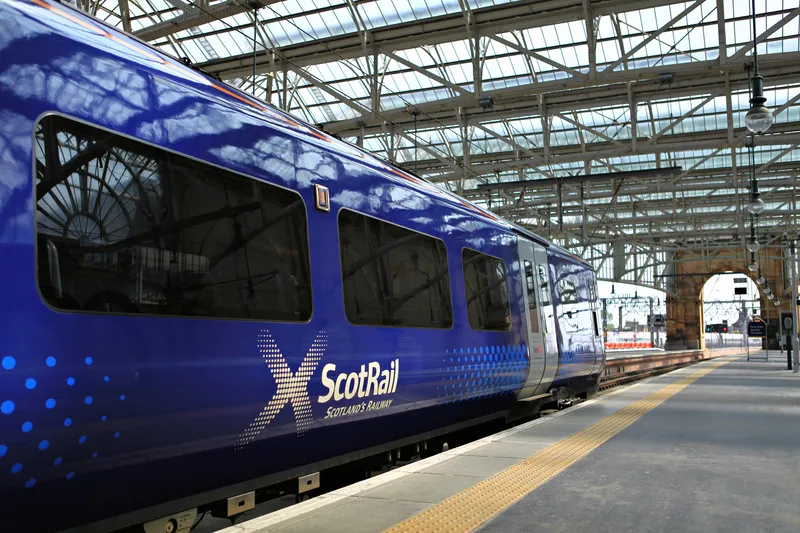The technology allows the camera to be monitored from the regional Urban Traffic Management Centre (
Newcastle City Council submitted the funding bid on behalf of the North East Combined Authority for the expansion of the UTMC. It was one of 76 successful projects across the country to win a share of £244m ($186 million).
NECA is the seven councils which serve County Durham, Gateshead, Newcastle, North Tyneside, Northumberland, South Tyneside and Sunderland.
Cllr Nick Forbes, Leader of Newcastle City Council and transport lead for the North East Combined Authority, said: “This funding is great news for commuters and business and will help cut journey times across the area. “We have a great facility here in the North East where we work together across the area to monitor the traffic network across local authority boundaries. This new investment means we can connect up traffic signals across key routes so we can smooth our traffic flows where we see congestion building up and adjust traffic signals right across the network to keep traffic moving at peak periods. “Providing reliable journey times and improving connectivity across the region is also a real benefit for our local economy as it helps people to access jobs and training and supports the efficient transport of goods.”
Councils in North East England receive funding to upgrade traffic management technology.
The UK Government has announced fund valued £3.64 million ($4.79 million) to upgrade the traffic management technology and improve journey times across the North East Combined Authority area (NECA). It will include upgrades to traffic signals on key regional routes with Automatic Number Plate Recognition Cameras, Variable Message Signs and integration with public transport data from Nexus. The Department of Transport paid £2.8 million ($3.6million) of the fund and the rest came from local authority contribu
October 27, 2017
Read time: 2 mins
The UK Government has announced fund valued £3.64 million ($4.79 million) to upgrade the traffic management technology and improve journey times across the North East Combined Authority area (NECA). It will include upgrades to traffic signals on key regional routes with Automatic Number Plate Recognition Cameras, Variable Message Signs and integration with public transport data from 2105 Nexus. The Department of Transport paid £2.8 million ($3.6million) of the fund and the rest came from local authority contributions.










